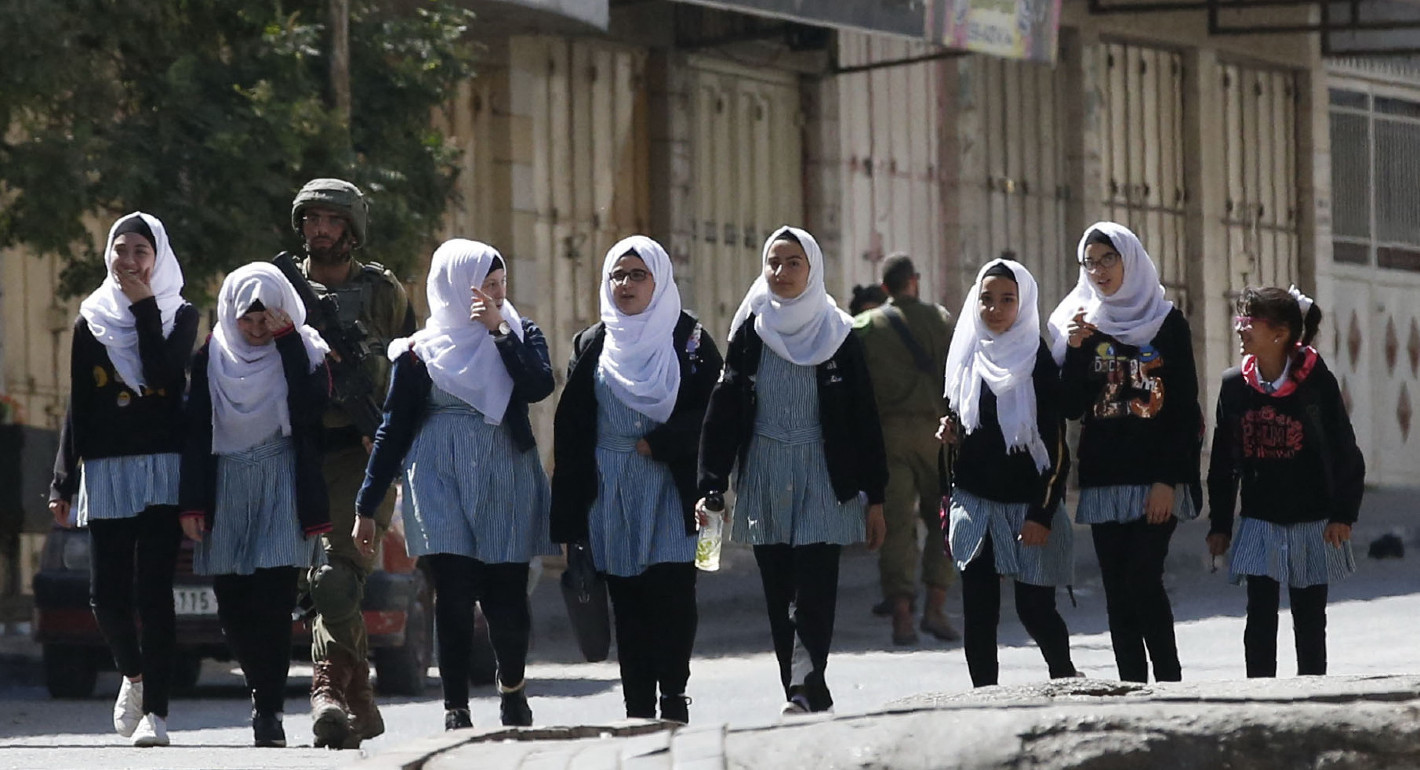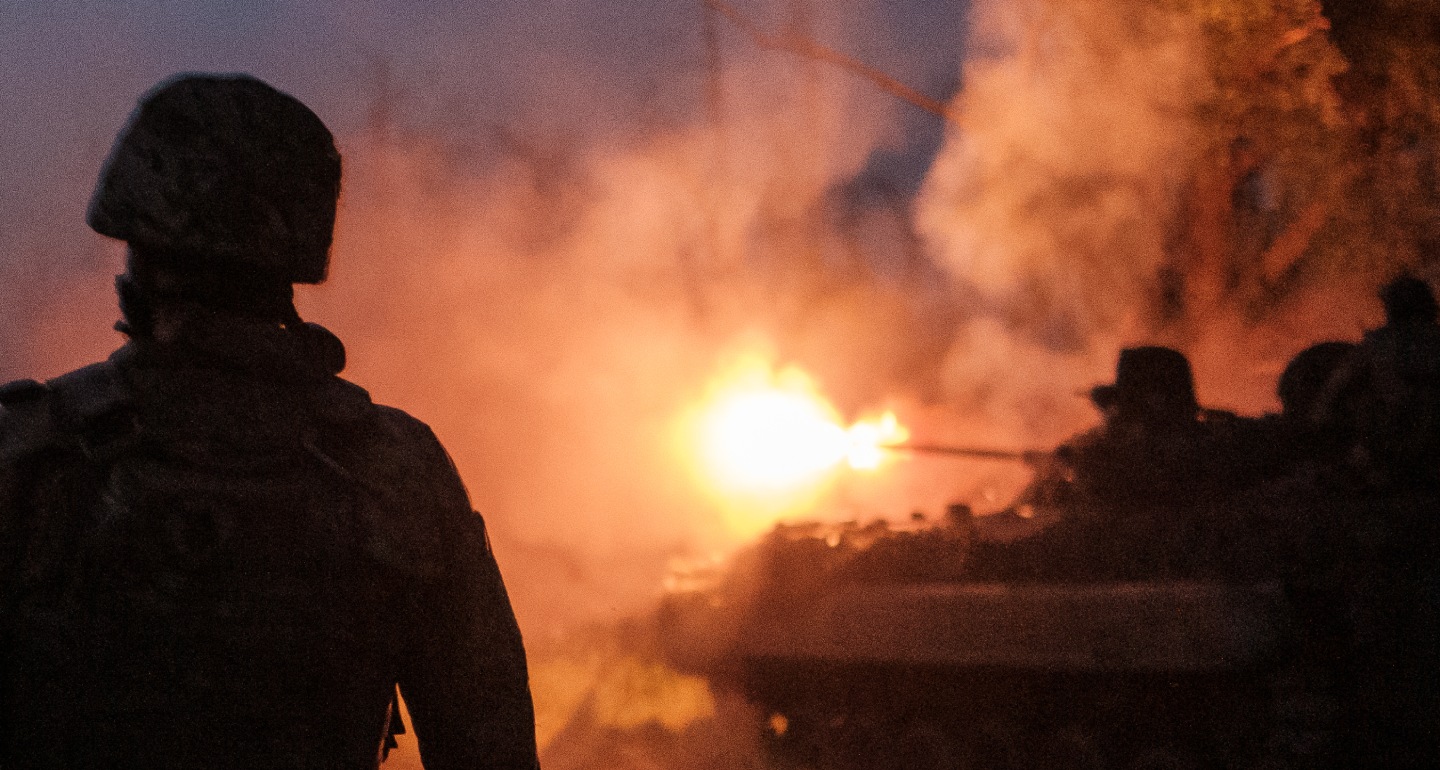Russia
President Vladimir Putin: "[NMD deployment would do] irreparable
damage to the architecture of international relations … We will have a
complex and delicate work this year with our partners to preserve the
1972 [ABM] treaty … [however] the latest statements from the leaders of
the new administration, the new president, show that a dialogue (on security
issutes) could be positive."
Colonel General Valeri Manilov, Russia's First Deputy Chief
of General Staff: "[NMD is] liable to destroy the balance of strategic,
defensive and offensive weapons and lead to a new arms race."
Russian Foreign Ministry Statement: "[U.S. military strategy
is] based not only on the breakdown of the 1972 Anti-Ballistic Missile
treaty, a cornerstone of strategic stability, but also on the speedy militarization
of space and its use for combat operations … such prospects were fraught
with deadly consequences for international security."
China
Chairman of the People's Congress Li Peng: "The establishment
of missile defence systems is a new form of arms race and reflects a Cold
War mind-set. Therefore, it is detrimental to world peace."
Foreign Ministry Spokesman Zhu Bangzao: "China hopes that
the countries concerned will listen to the just cries of the international
community, strictly observe and uphold the ABM Treaty, and abandon as
soon as possible ABM schemes that wreck the global strategic balance."
United Kingdom
Prime Minister Tony Blair: "We have not said that we are
opposed, what we have said is until there is a proper proposal before
us we will not make a detailed comment upon it … It is an extremely sensitive
issue . . . I have personally said earlier that we understand the reasons
entirely why America wishes to develop this system but until there is
a proposal it would be rather foolish to answer how we react to that proposal."
Foreign Minister Robin Cook: "We will give them a serious
answer, a considered answer in a way that reflects the fact that they
are our closest ally and their security is important to us. I don't think
we should try and tell the Americans what the answer is to their own debate."
France
President Jacques Chirac: "Our worry comes from the fact
that for us, the NMD must not be allowed to spark a fresh worldwide arms
race … it is a technology that has colossol costs ''
Gen. Jean-Pierre Kelche, French armed forces chief of staff : "I don't think
this [NMD] is the right road… this is what I call the road of pessimism, the
road of abandonment of non-proliferation, which was at the heart of our common
policy, the policy of the international community.”
Germany
Chancellor Gerhard Schroeder: "Differences over NMD are
not the decisive factor in the German-American relationship."
Defense Minister Rudolf Scharping: "The technical feasibility
and the financing of a strategic missile defense are not at all manageable
yet."
Sweden
Anna Lindh, Swedish Foreign Minister: “We call on the USA to consider the
consequences for disarmament and non-proliferation of developing a national
missile defense system, and to refrain from pursuing this project.”
Canada
Foreign Affairs Minister John Manley: "If (President Bush)
can persuade the Russians and the Chinese, then he can persuade Canada
… We haven't been asked for our opinion. Will the effect of failing to
obtain Russian consent to a change in the ABM treaty cause them to become
more provocative and start a renewed arms race and threaten Europe? That
would concern NATO and that concerns us."
Defence Minister Art Eggleton: "We are open-minded on the
issue (of NMD) … I've also, of course, told (Rumsfeld) … that we are concerned
about relations with allies, and the relationship in terms of other countries
as it relates to arms control issues … national missile defense is an
area we have not made a decision on. We don't have all the details."
Australia
Foreign Minister Alexander Downer: "We've said we understand
the need to defend the United States from attacks by rogue states, but
there is a long way to go in terms of the evolution of this issue, and
we'll be talking with the Bush administration about it … I think, frankly,
they'll be looking at material they wouldn't have had access to up until
now."
South Korea
President Kim Dae-jung: (Responding to question on NMD)
"I cannot comment on that point because I have not to this point heard
any extensive briefing from the new U.S. administration on this plan.
I do not know exactly what their plans are and how the Korean peninsula
would be involved in this … should it (the U.S.) feel the need and when
it feels the time is right to explain, I'm sure it will do so."
Representative Chun Yong-taik, Chairman of National Assembly
Defense Committee: "The plan is technically nonviable and politically
undesirable. The only solution to North Korea's missile program is a political
solution."
For additional global quotations on the ABM and NMD visit the British American Security Information Council.













